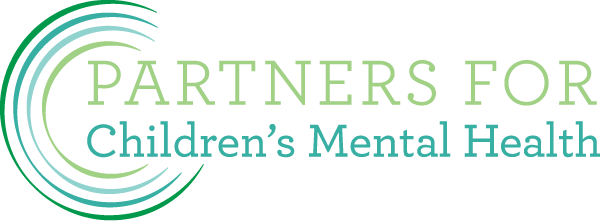Just like ensuring their teeth or joints are healthy, mental health is also a key piece of maintaining your child’s overall well-being. And while many parents and caregivers agree that mental health is important, it’s not always clear how to best support your child’s mental health or what to do when they’re struggling.
If you’re not sure where to start, you’re not alone. Proactively supporting children’s mental health is an ongoing and unique process for all families. As your trusted partner in the journey, Partners for Children’s Mental Health (PCMH) is meeting parents and caregivers where they are by partnering with schools to provide resources and trainings.



